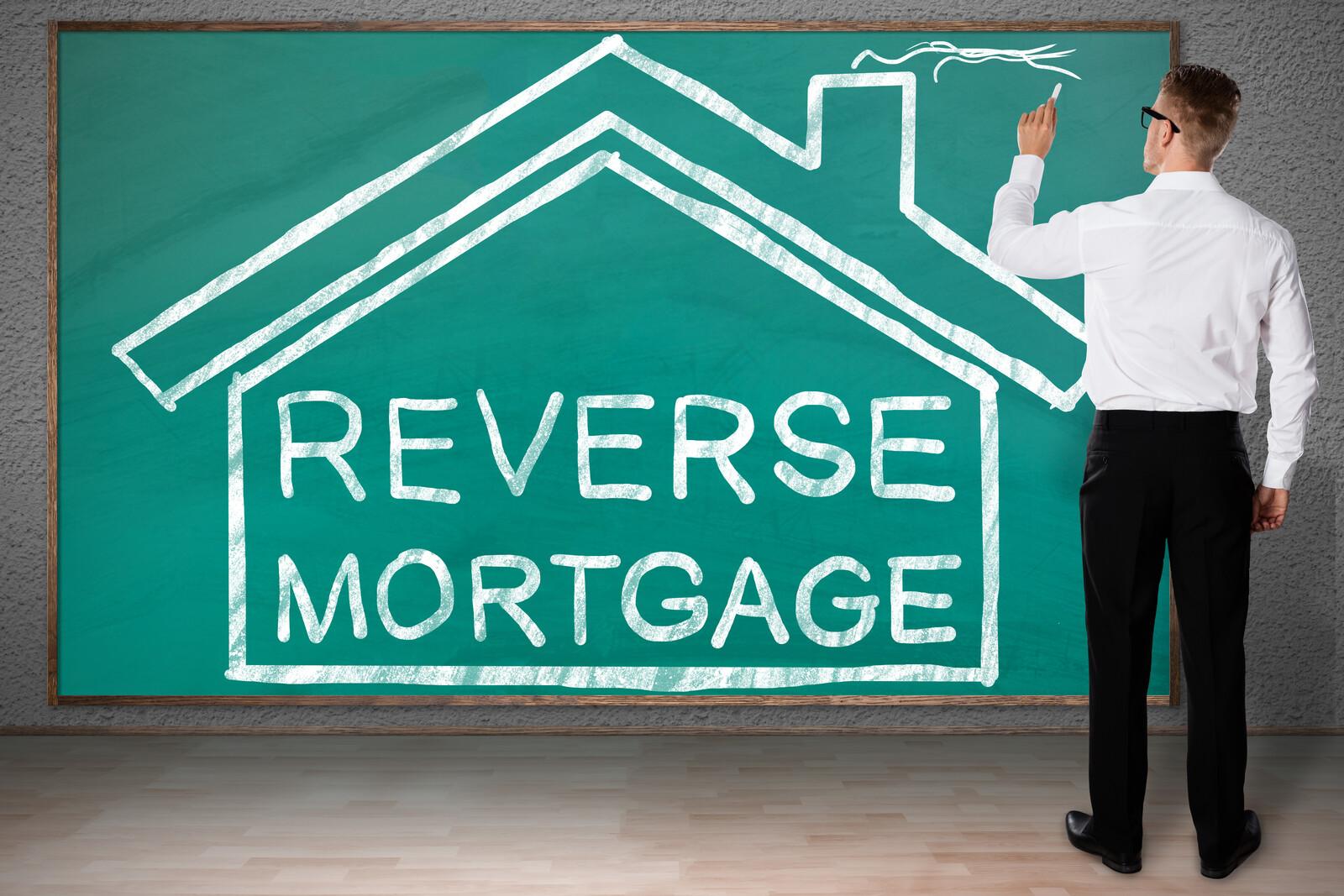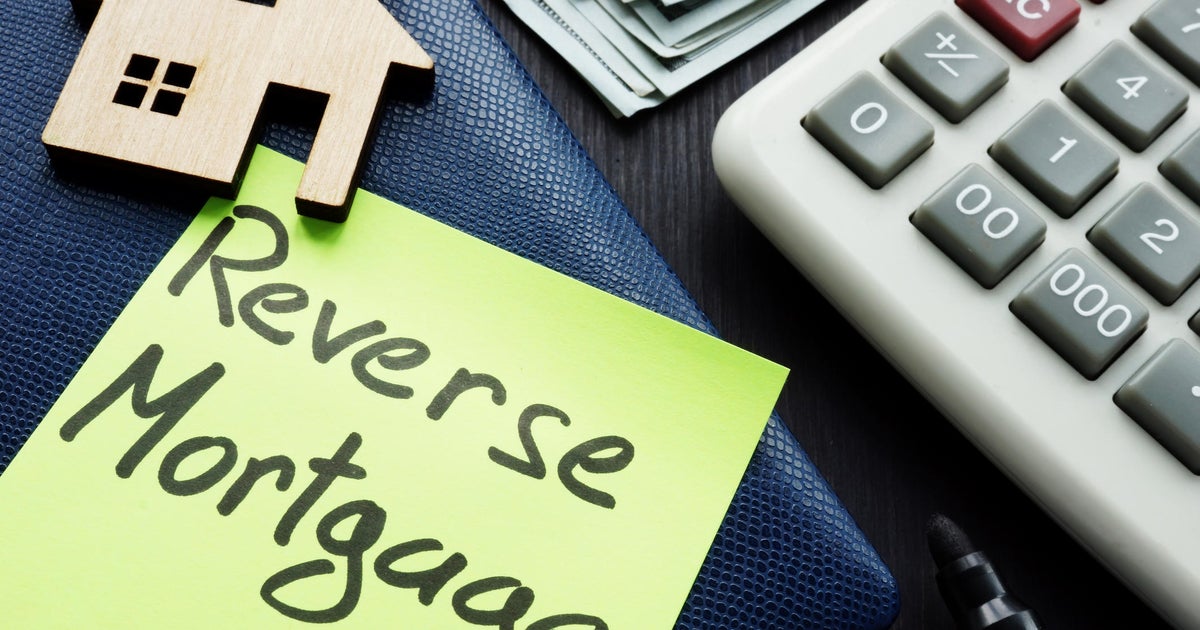Top Reasons to Purchase Reverse Mortgage for Homeowners Over 62
Top Reasons to Purchase Reverse Mortgage for Homeowners Over 62
Blog Article
Empower Your Retired Life: The Smart Means to Purchase a Reverse Mortgage
As retirement strategies, many individuals look for efficient approaches to enhance their monetary freedom and health. Amongst these strategies, a reverse mortgage arises as a practical choice for home owners aged 62 and older, permitting them to touch into their home equity without the requirement of monthly settlements.
Comprehending Reverse Home Mortgages
Comprehending reverse home loans can be vital for property owners looking for economic versatility in retired life. A reverse mortgage is a monetary product that permits eligible property owners, normally aged 62 and older, to transform a section of their home equity right into cash. Unlike standard home mortgages, where consumers make monthly payments to a loan provider, reverse home mortgages allow house owners to get repayments or a round figure while preserving possession of their residential property.
The amount offered via a reverse mortgage relies on a number of factors, including the home owner's age, the home's worth, and current rates of interest. Importantly, the finance does not need to be paid back until the homeowner offers the home, relocates out, or passes away.
It is important for prospective consumers to recognize the implications of this economic item, including the impact on estate inheritance, tax factors to consider, and recurring responsibilities connected to property maintenance, tax obligations, and insurance coverage. Furthermore, counseling sessions with licensed specialists are usually needed to make sure that debtors fully comprehend the conditions of the funding. Overall, an extensive understanding of reverse home loans can equip homeowners to make informed choices regarding their financial future in retired life.
Advantages of a Reverse Home Loan
A reverse home loan provides numerous engaging benefits for eligible house owners, specifically those in retirement. This financial device enables elders to transform a portion of their home equity into cash money, giving vital funds without the demand for regular monthly mortgage settlements. The cash gotten can be used for numerous objectives, such as covering clinical expenditures, making home improvements, or supplementing retirement income, therefore improving general financial flexibility.
One substantial advantage of a reverse home mortgage is that it does not call for payment until the homeowner relocates out, markets the home, or passes away - purchase reverse mortgage. This function makes it possible for retirees to maintain their way of life and fulfill unforeseen costs without the problem of month-to-month payments. Furthermore, the funds obtained are typically tax-free, enabling house owners to use their cash without fear of tax obligation effects
In addition, a reverse home loan can offer peace of mind, knowing that it can work as a financial security internet throughout challenging times. House owners likewise preserve ownership of their homes, guaranteeing they can proceed residing in a familiar setting. Ultimately, a reverse mortgage can be a critical funds, equipping retired people to handle their finances efficiently while enjoying their gold years.
The Application Refine
Browsing the application procedure for a reverse mortgage is an important step for house owners considering this financial choice. The first stage involves examining qualification, which normally needs the house owner to be at the very least 62 years old, very own the home outright or have a low home loan equilibrium, and inhabit the home as their primary residence.
Once eligibility is validated, house owners must undertake a therapy session with a HUD-approved therapist. This session makes certain that they completely understand the effects of a reverse home mortgage, consisting of the responsibilities involved. purchase reverse mortgage. After finishing therapy, applicants can continue to gather required documentation, consisting of proof of earnings, properties, and the home's value
The following action involves submitting an application to a loan provider, who will evaluate the financial and residential or commercial property certifications. An appraisal of the home will likewise be performed to identify its market value. If accepted, the loan provider will present funding terms, which should be reviewed carefully.
Upon acceptance, the closing procedure complies with, where final records are signed, and funds are disbursed. Comprehending each stage of this application process can significantly enhance the property owner's confidence and decision-making pertaining to reverse home loans.

Key Considerations Prior To Getting
Purchasing a reverse home mortgage is a considerable economic decision that needs careful consideration of several essential factors. Understanding your qualification is essential. Home owners should go to least 62 years of ages, and the home should be their primary home. Assessing your monetary requirements and goals is similarly important; figure out whether a reverse home mortgage aligns with your long-term plans.

Furthermore, evaluate the effect on your present way of life. A reverse mortgage can impact your eligibility for sure federal government benefits, such as Medicaid. Look for professional support. Consulting with an economic consultant or a real estate therapist can give valuable insights tailored to your private situations. By completely examining these considerations, you can make a more informed decision regarding whether a reverse home mortgage is the right monetary technique for your retirement.
Maximizing Your Funds
As soon as you have safeguarded a reverse mortgage, effectively handling the funds ends up being a concern. The flexibility of a reverse home mortgage allows house owners to utilize the funds in numerous methods, however calculated planning is vital to maximize their advantages.
One key method is to produce a budget plan that outlines your monthly expenses and financial objectives. By identifying needed expenditures such as health care, real estate tax, and home upkeep, you can allot funds appropriately to make sure long-term sustainability. In addition, take into consideration using a section of the funds for investments that can produce revenue or appreciate with time, such as dividend-paying supplies or common funds.
One more vital element is to keep an emergency situation fund. Reserving a book from your reverse home mortgage can aid cover unforeseen prices, providing comfort and financial why not find out more stability. In addition, seek advice from with an economic expert to explore possible tax effects and just how to incorporate reverse home loan funds into your total retired life strategy.
Inevitably, prudent management of reverse mortgage funds can enhance your economic safety and security, permitting you to appreciate your retired life years without the tension of economic uncertainty. Cautious planning and notified decision-making will certainly ensure that your funds work successfully for you.
Verdict
To conclude, a reverse home mortgage provides a feasible monetary strategy for elders looking for to enhance their retired life experience. By converting home equity into easily accessible funds, people special info can attend to crucial costs and protected extra funds without incurring month-to-month settlements. Nonetheless, mindful factor to consider of the link linked ramifications and terms is vital to make the most of advantages. Eventually, leveraging this financial device can help with better independence and improve overall lifestyle throughout retired life years.
Recognizing reverse mortgages can be important for home owners seeking monetary flexibility in retirement. A reverse home loan is a financial product that allows eligible home owners, typically aged 62 and older, to convert a part of their home equity right into money. Unlike conventional home mortgages, where customers make monthly repayments to a lending institution, reverse mortgages allow home owners to obtain repayments or a lump sum while retaining possession of their home.
On the whole, a complete understanding of reverse mortgages can empower homeowners to make informed choices concerning their financial future in retirement.
Seek advice from with an economic consultant to check out feasible tax obligation implications and just how to integrate reverse home mortgage funds into your general retirement technique.
Report this page